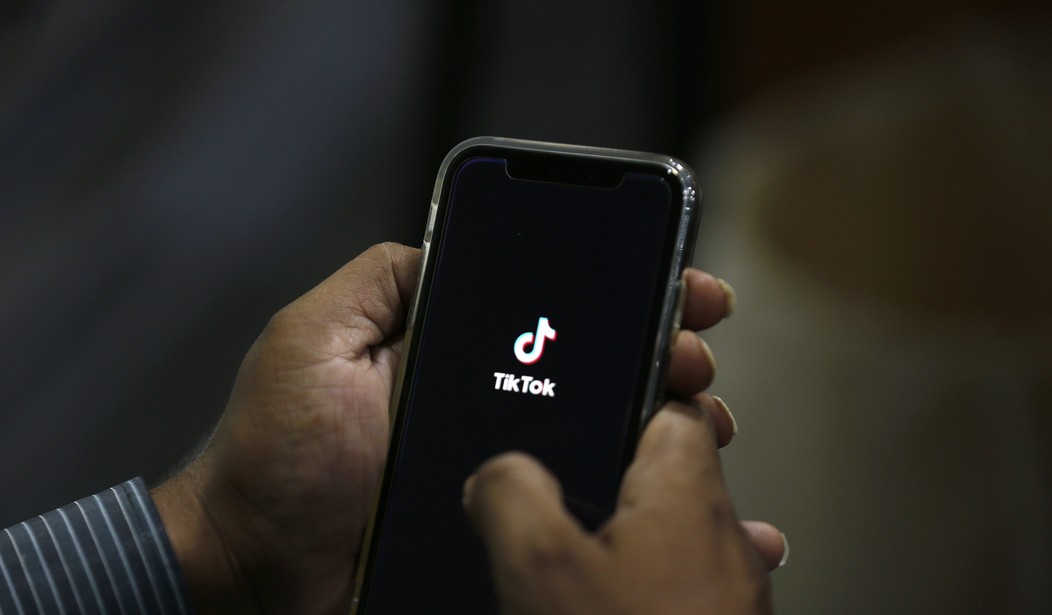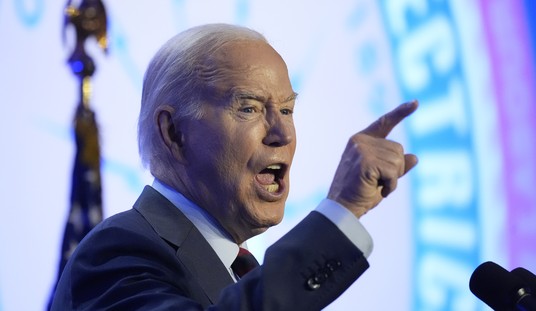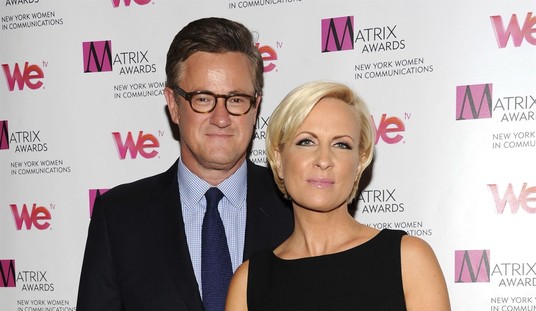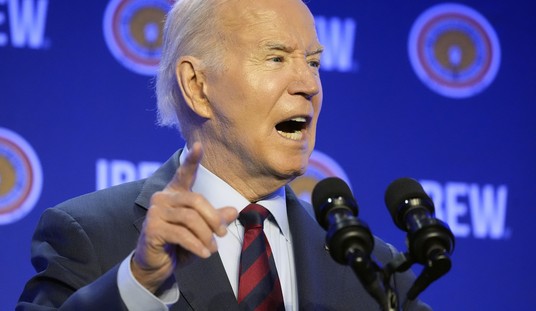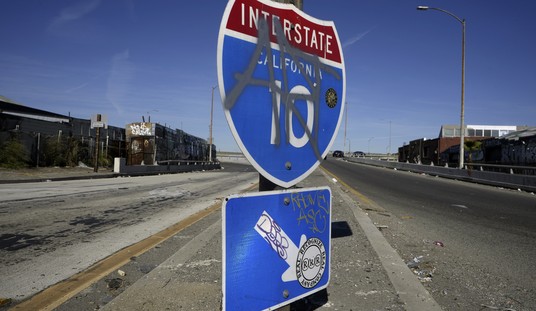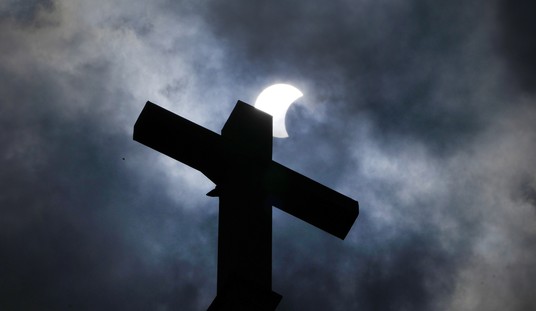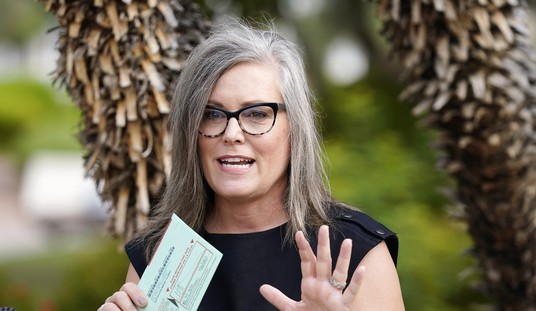The world of social media is going through a bit of a change at the moment and a curious trend has emerged in how people use these platforms in their everyday lives.
A new report highlights the rise of the “lurker” class, people who scroll through social media without actually posting.
The report suggests a sharp decline in people posting on social media platforms and taking a more “passive” approach.
Billions of people access social media monthly, but users are posting less and favoring a more passive experience, surveys of users and research from data-analytics firms say. In an October report from data-intelligence company Morning Consult, 61% of U.S. adult respondents with a social-media account said they have become more selective about what they post.
The reasons are varied: People say they feel they can’t control the content they see. They have become more protective about sharing their lives online. They also say the fun of social media has fizzled.
This lurker mentality is widespread, across Meta Platforms’ Instagram and Facebook along with X and TikTok. They have become some of the most powerful companies and platforms in the world due to heavy usage and interaction from users. Any threat to that interaction is a threat to their business.
The companies are responding. They are investing in more private user experiences like messaging, and making interactions more secure. And encouraging people to post to a more intimate audience—as with Instagram’s recently expanded Close Friends feature.
So, what does the “lurker” phenomenon portend for the future of social media?
For starters, the influencer economy, which thrives on likes, shares, and an engaged audience, might be forced to reinvent itself. Those with larger audiences who are becoming increasingly stingy with their posts may have to shift to a “quality over quantity” approach. Some influencers might find themselves catering more to a highly engaged niche of users than a broader range of individuals. They might also pivot more to platforms that offer monetization through fewer but more meaningful interactions.
This could be a welcome change. But it is worth noting that this change could also result in outcomes that are more harmful to society than beneficial.
With fewer people engaged, it might cause online influencers to gravitate to more incendiary, sensationalistic content in order to continue garnering clout, clicks, and cash. The situation is already bad enough. But if there is a decline in engagement because people are not participating as frequently, those who feed off online attention almost certainly give in to the temptation to post more outrage porn and other emotionally manipulative content – especially in the political space. These people will have to push the envelope further and further to get reactions through outrage farming.
This essentially means that truth, debate, and nuance will be further diminished on social media platforms as influencers and news personalities sacrifice these things in favor of clickbait and divisiveness. As America continues moving from a reliance on traditional news sources to digital alternatives, it is easy to see how this trend could bring about an even more divided populace.
Of course, it is also likely that both of these things could happen. Some influencers will take advantage of the paradigm shift to build engaged, productive communities even if they are on the smaller end. Other influencers will certainly fall to the dark side and use their powers for evil instead of good. Unfortunately, my cynical mind assumes that there will be more major players who join the Digital Sith than those who work for the light side. But I fervently hope I am wrong.
Star Wars analogies aside, these changes are sure to have an immense impact on the future of American society. We are definitely in for some interesting times ahead.

